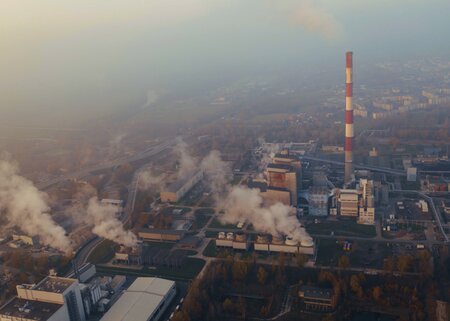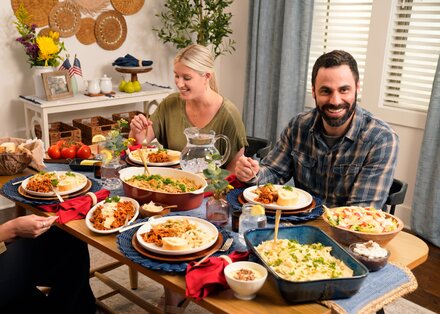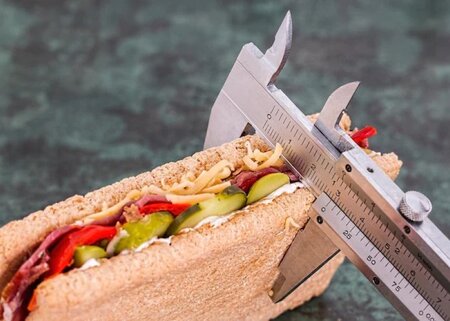The Importance of Survival Food Packaging

Everybody knows how important it is to stockpile survival food. In an emergency, non-perishable food with a long shelf life could be a lifesaver for you and your family.
What many people fail to take into consideration, however, is how crucial it is to make sure their food is packaged and stored properly. Imagine how horrible someone would feel if they went to the trouble of stockpiling survival food, only to find it had spoiled when it was time to use it.
This is something you want to avoid at all costs. Fortunately, it doesn’t cost much to make sure your survival food is protected. And will be ready to use whenever you need it.
Food storage enemies
Just so we’re on the same page here, let’s first look at survival food’s worst enemies.
If we can determine what they are, we’ll know better how to protect against them. In no particular order, the enemies of food storage are:
Air: The more oxygen that food is exposed to, the shorter its shelf life.
- Humidity: Moisture is another foe of food. That’s where bacteria can grow.
- Heat: It’s important to keep survival food in a cool place. The storage temperature for most food should be between 40 and 70 degrees Fahrenheit.
- Light: You definitely want to head to the dark side when it comes to storing food. Light can deplete its vitamin content.
- Pests: In addition to keeping air and moisture out, an airtight food container will keep furry creatures out of your food.
Food packaging options
Now let’s look at a few different food containers to see how good they are at combatting these enemies.
Food-Grade Buckets.
This is one of the better ways to store food. These buckets come in gallon sizes (and even five-gallon), so they hold a lot of food. Look for buckets with gamma lids, which form a more airtight seal. They are sturdy even when banged around.
Boxes and cans.
These are fine for short-term food needs. But you can’t count on them for long-term storage. They are too easily damaged.
Glass jars.
Some people like to keep certain foods such as grains in glass jars. They certainly look nice. But unless you live in an area of the country that never experiences earthquakes or extreme storms, that might not be the best idea. Glass breaks easily. Also, you need to keep those glass jars away from light.
Plastic containers.
Plastic containers are inexpensive and easy to use, and pretty much unbreakable. After you’ve filled the container, place plastic wrap over the opening before putting the cap back on. The downsides are that plastic can leach into food, and humidity is not well regulated. Pests have been known to chew through plastic.
Mylar pouches.
Not only is it vital to keep air and moisture out, you also want a durable package that can take a few bumps over the years without bursting. Look for sealed Mylar pouches with less than 2 percent oxygen content rather than cans or buckets. This is your best choice.
4Patriot’s Secret to Survival Food Shelf Life
Here at 4Patriots we strive to give you peace of mind knowing that when disaster strikes, you won’t have to worry about your food spoiling.
That’s why we use mylar packing with all our survival foods.
You see, our 3-Month Kit comes in 2 water-resistant, stackable totes. Inside, each food item uses top-of-the-line Mylar pouches – the same material used in NASA's space suits – to keep air, moisture, and light OUT so your food stays fresh. This is military-grade sturdy stuff that can stand up to the crazy things that happen in an emergency.
Explore More Insights
References:
- All testimonials in this advertisement are from real people; sometimes names and photos have been changed to protect their privacy and some were given free products in exchange for their honest feedback. Testimonials represent exceptional results, don't apply to the average purchaser and are not intended to guarantee that anyone will achieve the same results. The organizations, publications and people referenced on this site are not affiliated with 4Patriots. They have not endorsed, sponsored or recommended this product; no affiliation or endorsement is claimed. Terms & conditions apply. Cade Courtley is a former Navy SEAL and Platoon Commander who served 9 years of active duty and has been compensated by 4Patriots for his hard work in helping us test and endorse this product. Cade Courtley is a former Navy SEAL who served 9 years of active duty and has been compensated by 4Patriots for his hard work in helping us test and endorse products.



